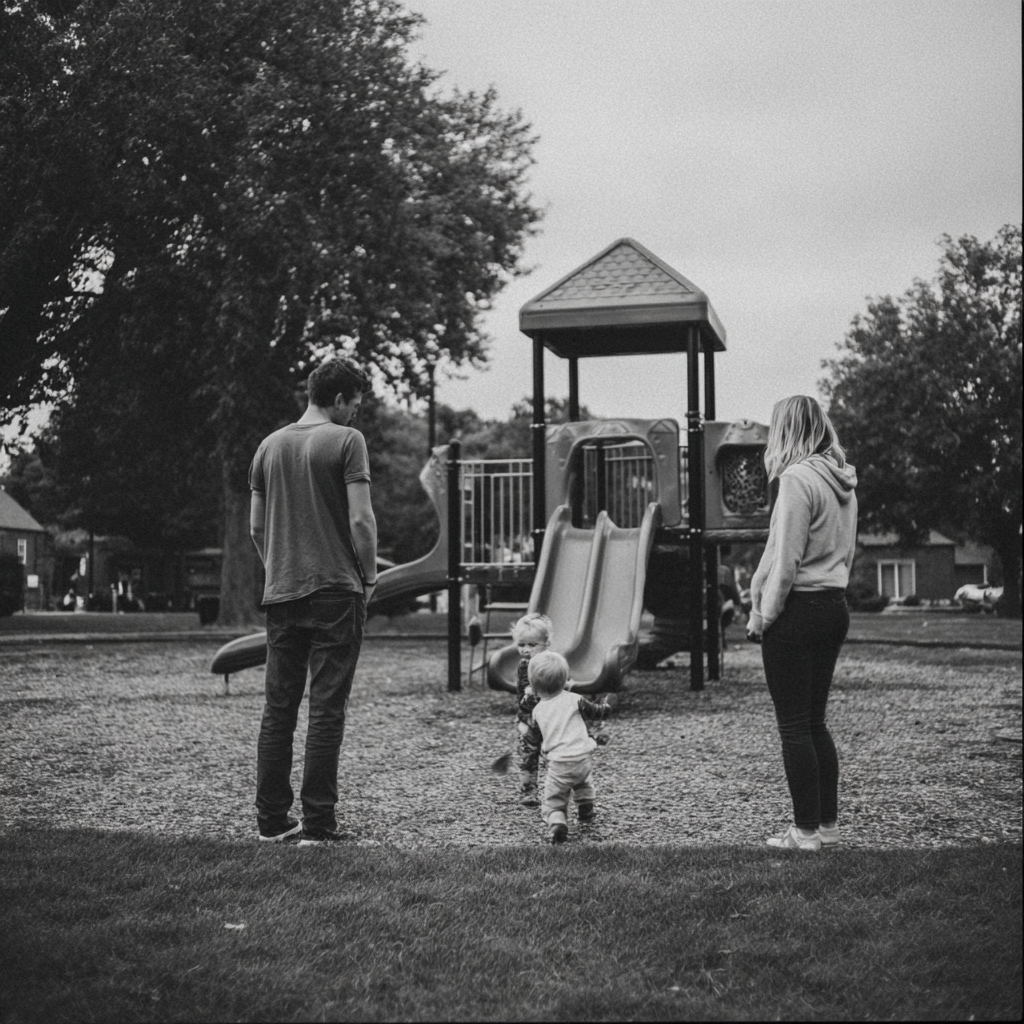Many people find it difficult to fall asleep or stay asleep.
Veterans are not exempted from sleep problems like this. In many cases, they struggle to sleep because of insomnia, which may or may not be connected to active-duty military service situations and conditions.
Veterans who prove their insomnia is service-related may be eligible for disability compensation for their sleep disorder. Read on to learn more.
What Is Insomnia?
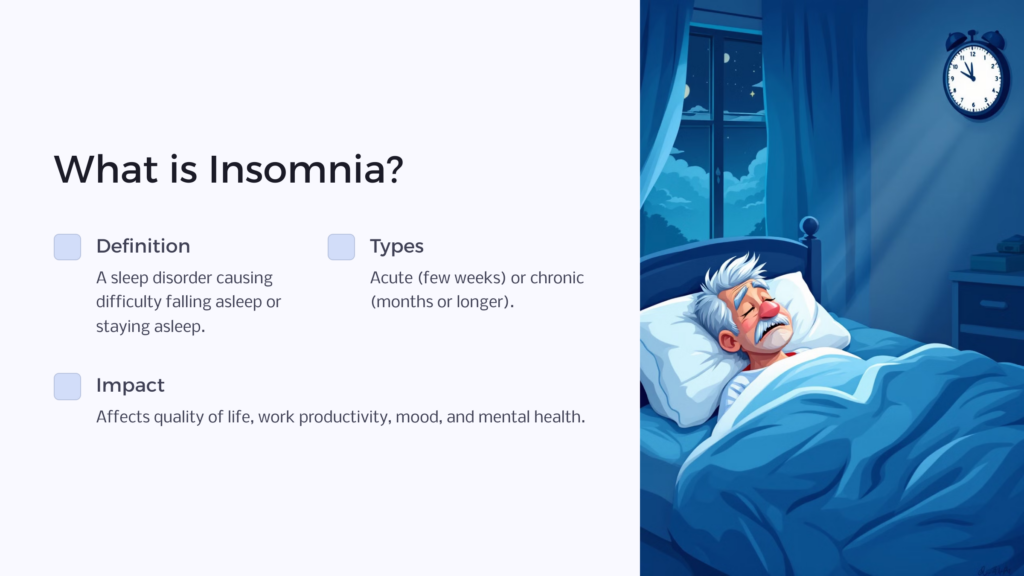
The National Sleep Foundation defines insomnia as a sleep disorder where one struggles to fall asleep, stay asleep, or both.
While some cases only last a few weeks, others suffer for months or longer. These conditions are known as acute insomnia and chronic insomnia, respectively.
Depending on the insomnia symptoms, this condition may severely affect one’s quality of life, work productivity, mood, and mental health, as it causes energy levels to drop.
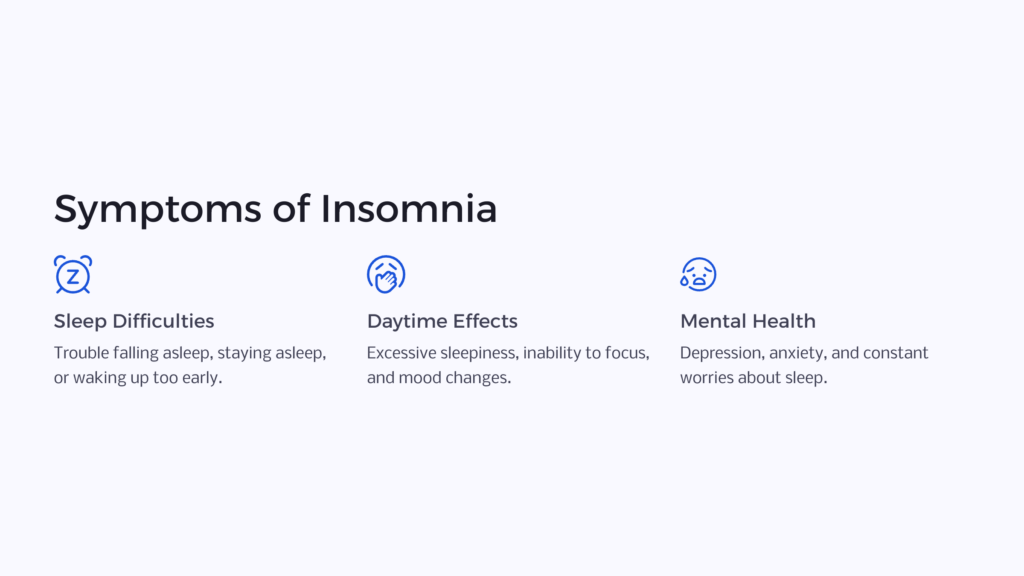
Here are the symptoms of insomnia:
- Inability to fall asleep and stay asleep
- Waking up too early
- Difficulty going back to sleep during the night
- Excessive daytime sleepiness, even after a night’s sleep
- Inability to focus
- Depression and anxiety
- Constant worries about sleep
What Is Considered Severe Insomnia?
Long-term insomnia significantly interfering with one’s quality of life is considered a severe sleep disorder. People with severe insomnia often cannot perform well at work or are not qualified for employment because of their impairment. Additionally, these people likely suffer from other mental health conditions such as depression, anxiety, and panic attacks.
Does the VA Count Insomnia as a Disability?
While insomnia can affect day-to-day performance — even when an individual becomes unfit to work — there is no assigned insomnia VA rating (no diagnostic code). Therefore, it is not considered a VA disability alone but a symptom of another disorder, like post-traumatic stress disorder (PTSD), which usually involves secondary insomnia as a symptom.
Does the VA Count Sleep Apnea as a Disability?
Sleep apnea is another sleep disorder that occurs when a person stops breathing during sleep. While it is not considered a disability by the Social Security Administration (SSA), the VA may count obstructive sleep apnea as a disability. Therefore, the VA disability benefits veterans will be eligible for from this condition depend on the sleep apnea rating they get from the VA.
What Rating Do I Need From the VA To Get Insomnia Treatment Covered?
The VA disability rating is based on the Schedule of Ratings for Mental Disorders (38 CFR § 4.130). How significantly day-to-day activities are affected by sleep disturbance will determine your insomnia VA rating.
The general disability rating is set at 0-100, but the rating is unique for everyone. For example, if you have a rating between 10% and 100%, you may qualify for tax-free VA disability compensation between $133 and $3400 to cover medical expenses and sleep medicine.
How Do You Prove Sleep Dysfunction to the VA?
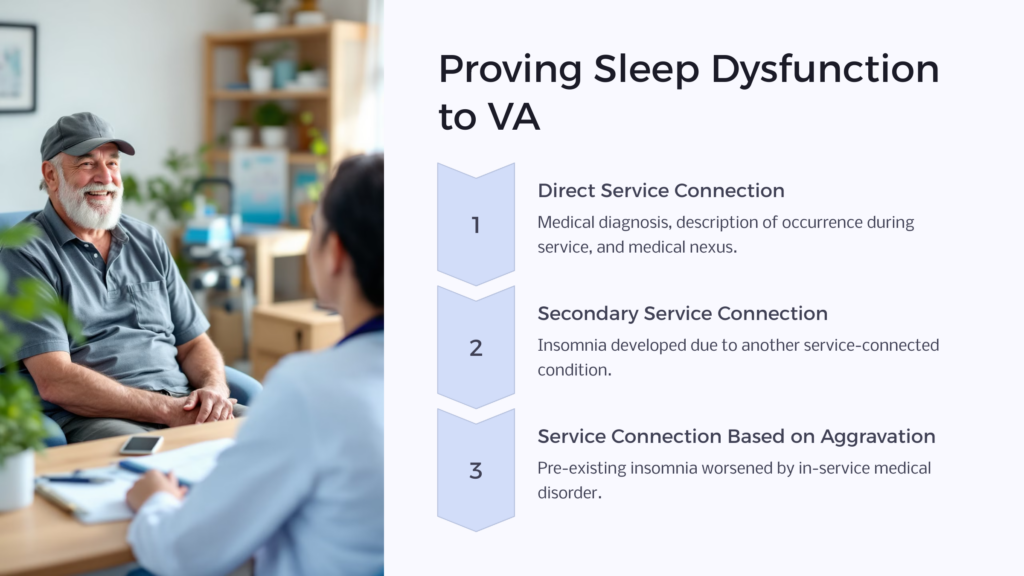
There are several ways to prove sleep dysfunction to the VA. In this case, you can prove insomnia through one of the following ways:
- Direct service connection
- Secondary service connection
- Service connection based on aggravation
Direct Service Connection
To prove a direct service-connected disability, you must present a medical diagnosis of insomnia from a qualified healthcare provider, a description explaining its occurrence while in service, and a medical nexus attesting that your disability resulted from your military service.
Secondary Service Connection
A secondary service connection means you developed insomnia because of a physical or mental disorder. For example, you may have had PTSD, Gulf War syndrome, or physical injuries in active duty that caused insomnia to develop as a secondary condition.
To prove a secondary service connection, you must also present a medical diagnosis and a statement explaining the connection between your insomnia and the primary medical condition.
Service Connection Based on Aggravation
Suppose you had insomnia before joining the service, and an in-service medical disorder aggravated the symptoms. In that case, you may use this case to prove sleep dysfunction to the VA.
You must provide as much evidence as possible to prove insomnia and sleep disturbance.
Can Insomnia Be Service/PTSD Related?
Yes, insomnia can be service and PTSD-related.
It is also worth noting that PTSD does not have to be developed only while on the military base to be considered an in-service disability. The PTSD VA rating is also set between 0% and 100%.
How Do I Send in My Disability Claim?
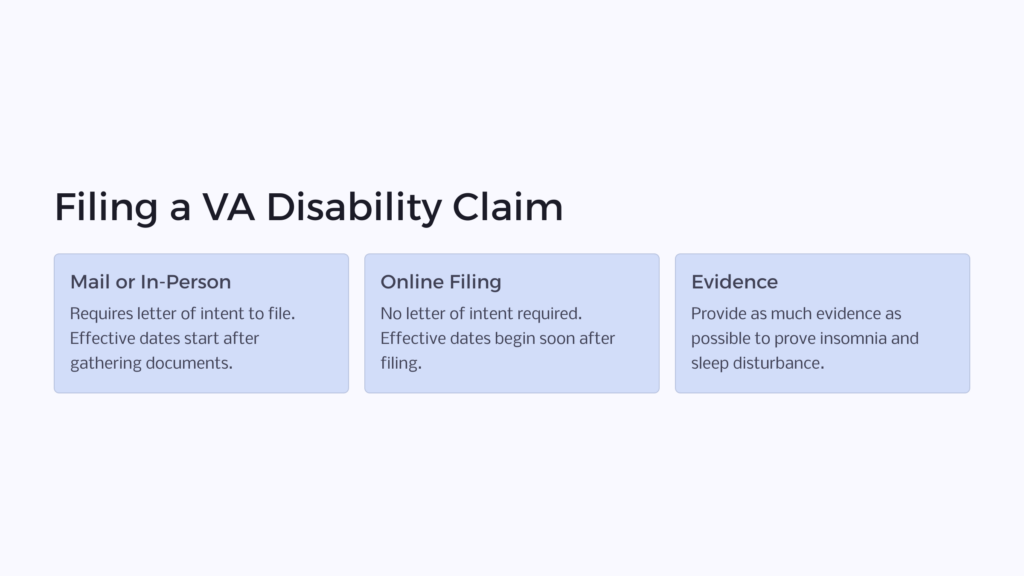
You have several options for sending in a VA disability claim. You can send yours by mail or in person. Paper submission requires a letter of intent to file and your effective dates to gather all necessary documents and evidence starts.
Online filing does not require a letter of intent, and the effective dates begin soon after filing.
What Are the Potential Benefits I Might Claim?
Some of the benefits that you might claim with a disability rating include the following:
- Disability compensation
- SMC or special monthly compensation
- Claims based on special circumstances
You may use this veteran benefit guide to get more information on this.
Benefits.com Helps Veterans
If you’re not sure whether you qualify for Veteran disability benefits, then we encourage you to request a free medical evaluation. If you do qualify, then you might be able to get the benefits you medically, ethically, and legally deserve with the help of medical evidence development professionals.
Veterans with service-related insomnia are eligible for disability claims. You can prove your eligibility with a direct condition secondary condition, or a service-connected disability.
While the disability rating for insomnia is set between 0% and 100%, your benefits will depend on the severity of your insomnia. Take our free assessment today to get started!
 Benefits.com Advisors
Benefits.com Advisors
With expertise spanning local, state, and federal benefit programs, our team is dedicated to guiding individuals towards the perfect program tailored to their unique circumstances.
Rise to the top with Peak Benefits!
Join our Peak Benefits Newsletter for the latest news, resources, and offers on all things government benefits.


















